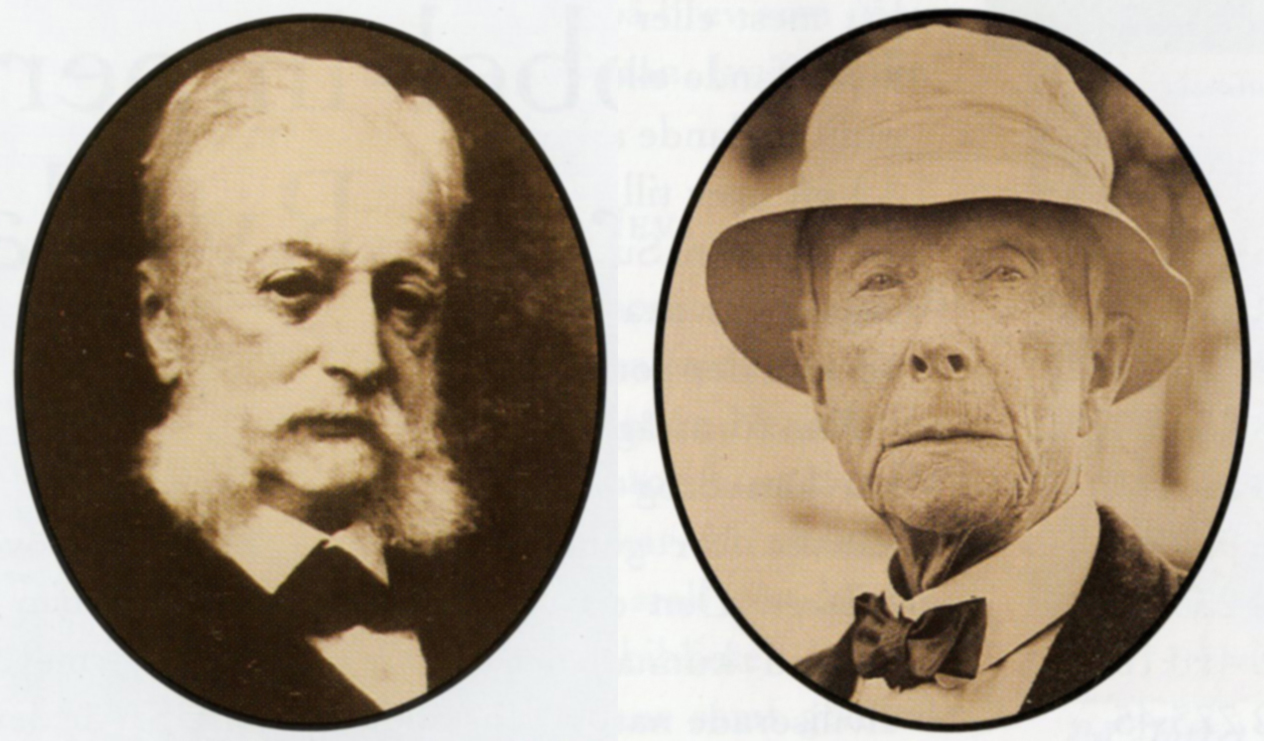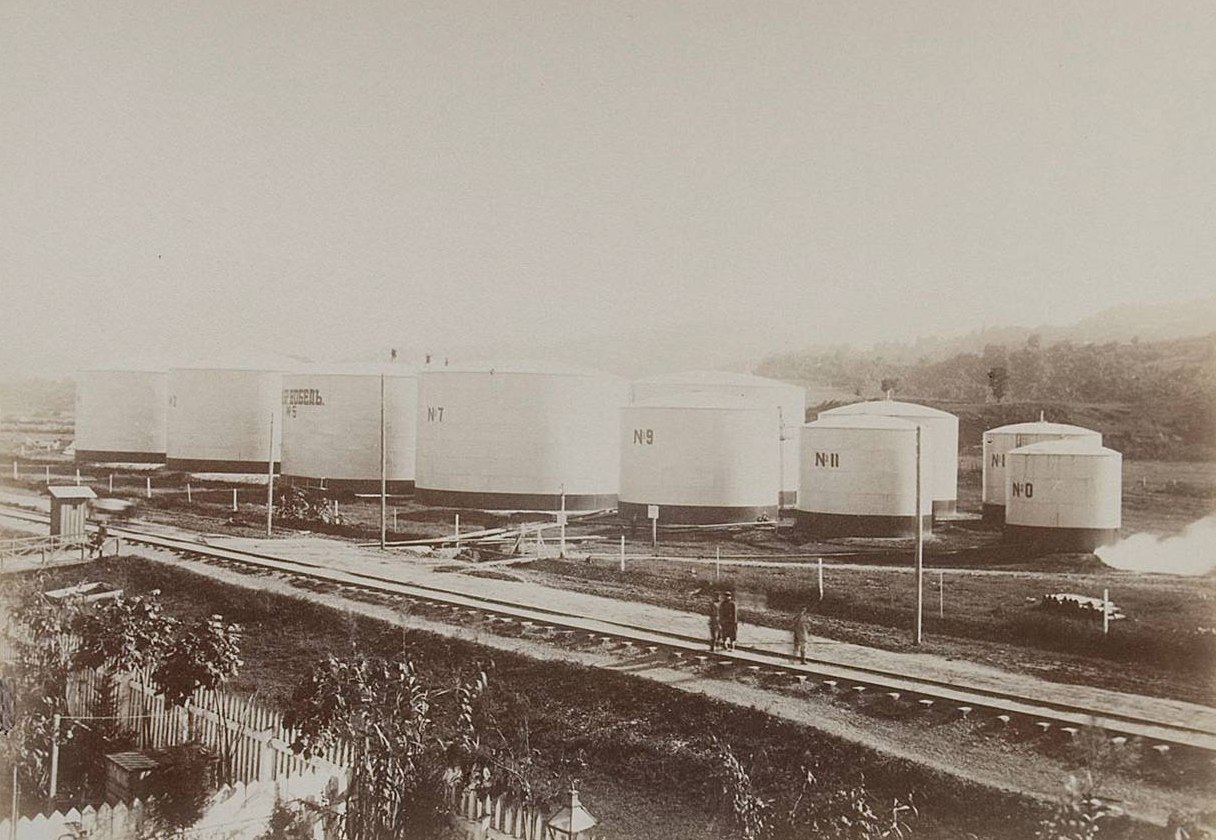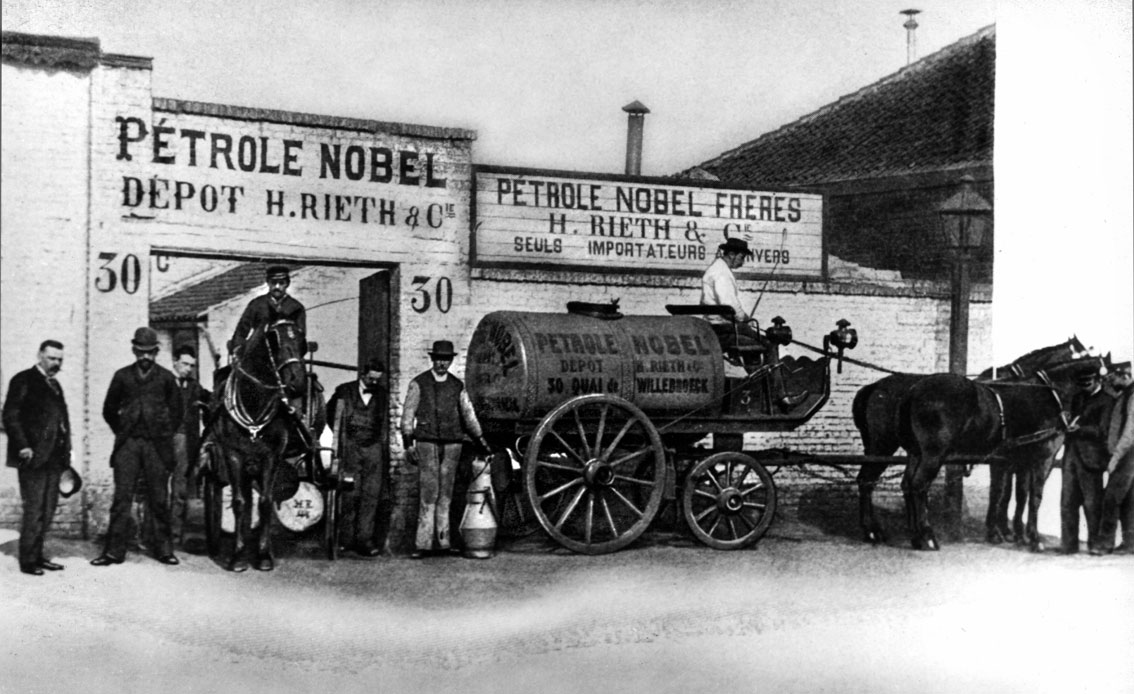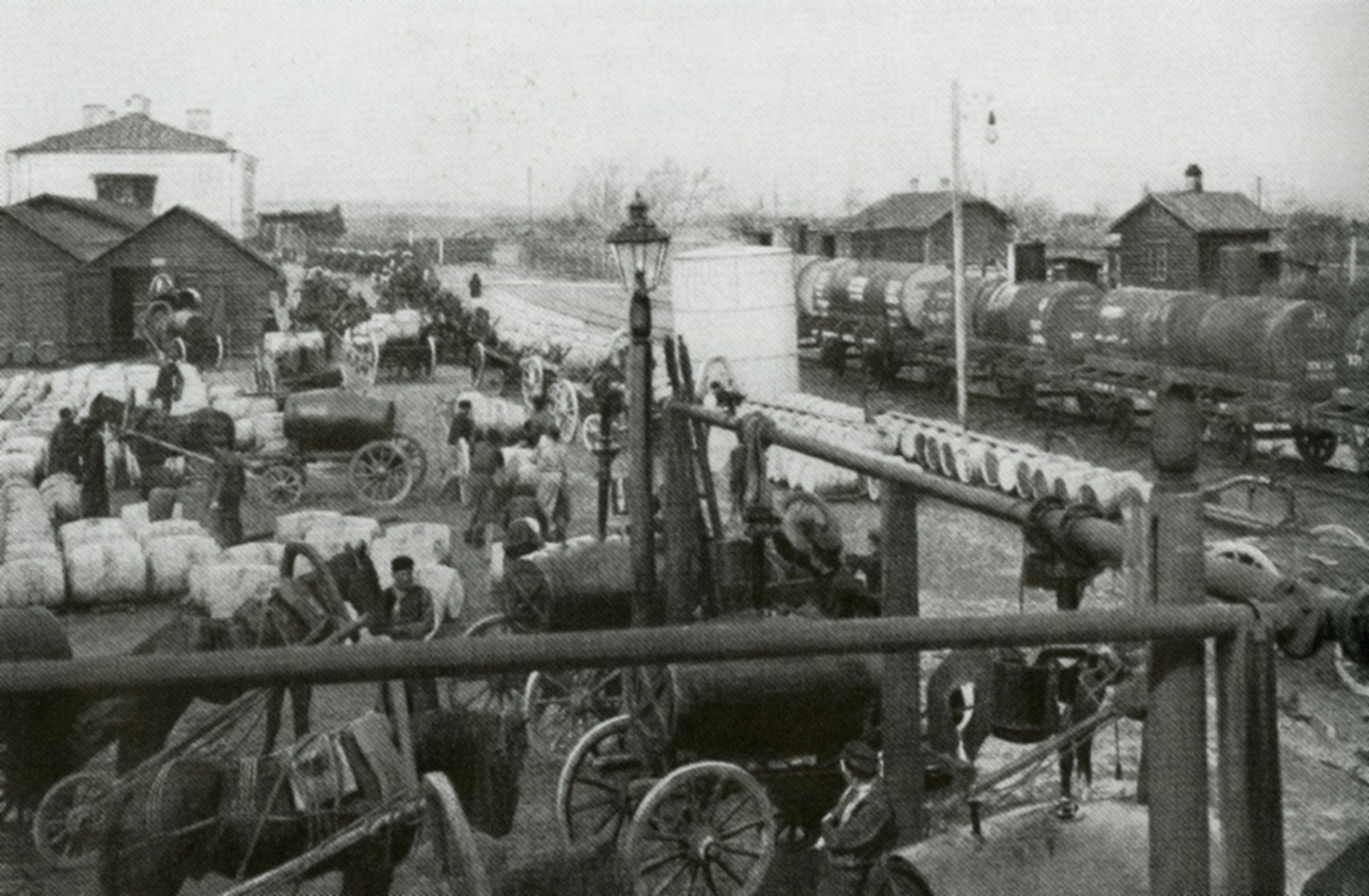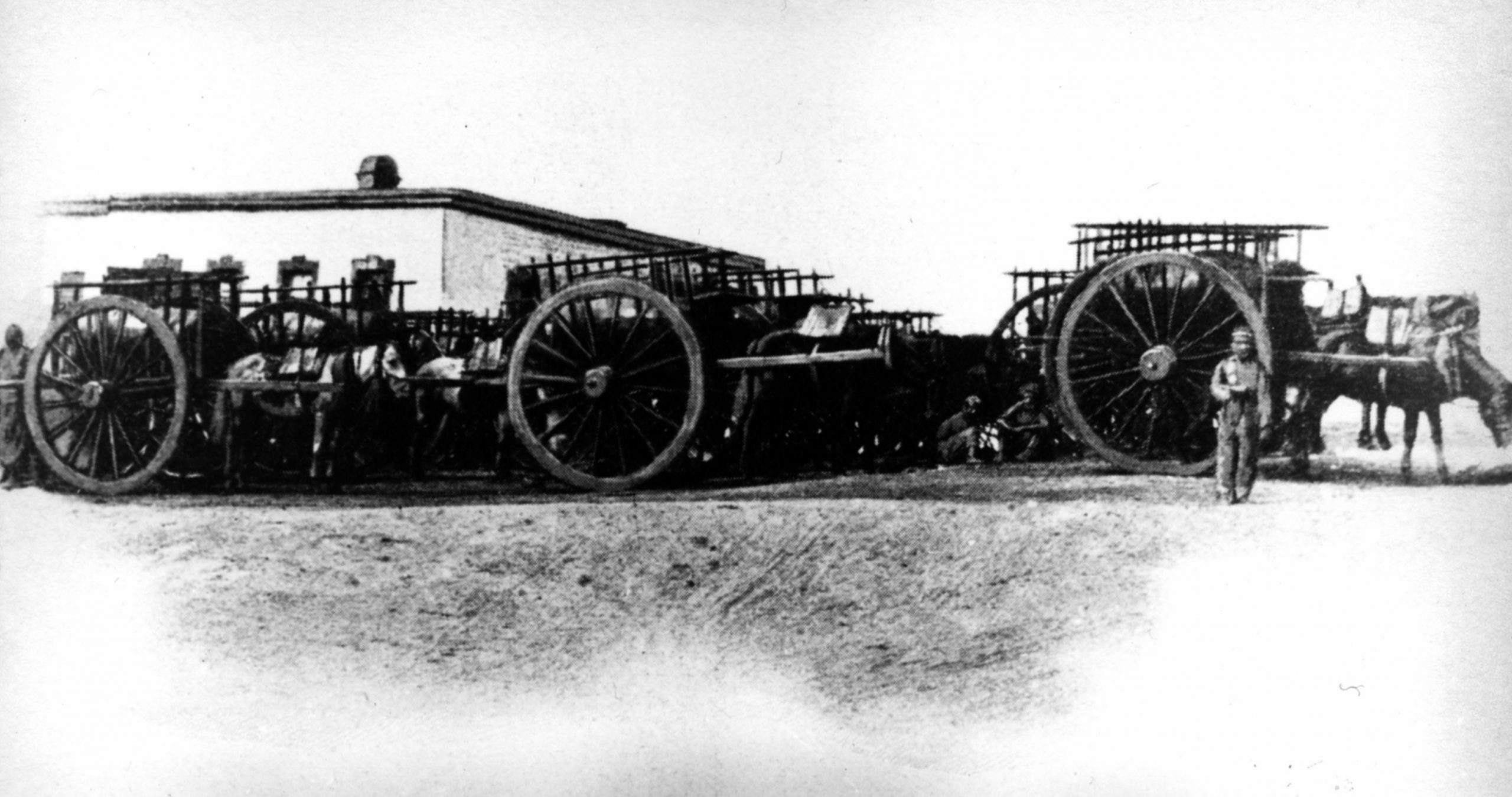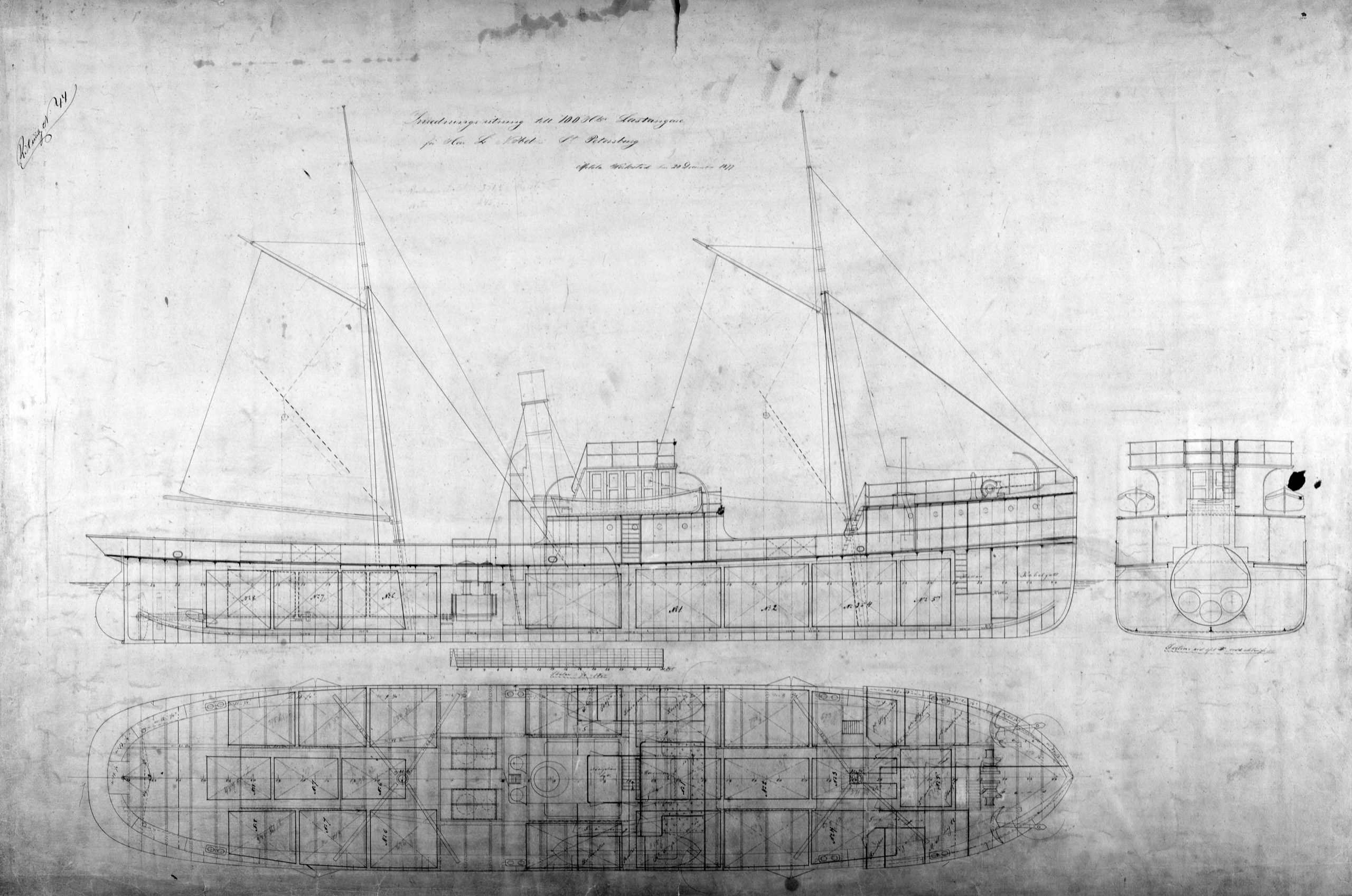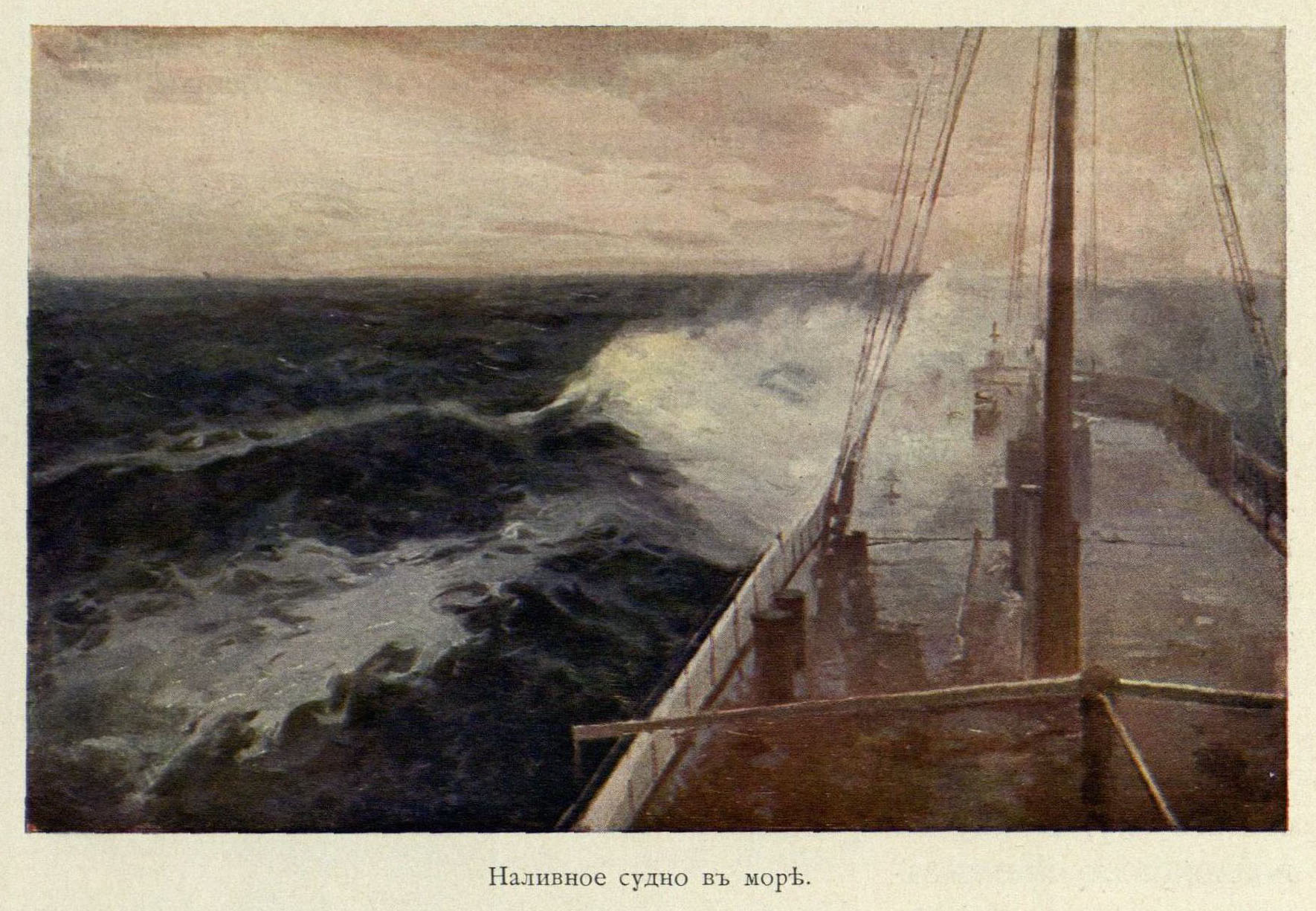Branobel created and developed an integrated distribution system for its products, from the refineries via railway and tankers to depots and the retail trade. New technology was developed to find markets for residual products, as were fixed routines for deliveries and payments.
Nobels, Rotschilds and Rockfellers, part I
Newly discovered rich oil fields around Baku draw Nobels and Rotschilds into the Transcaucasia. The competition between the two families gets ever tougher in particular because of Batumi port.

